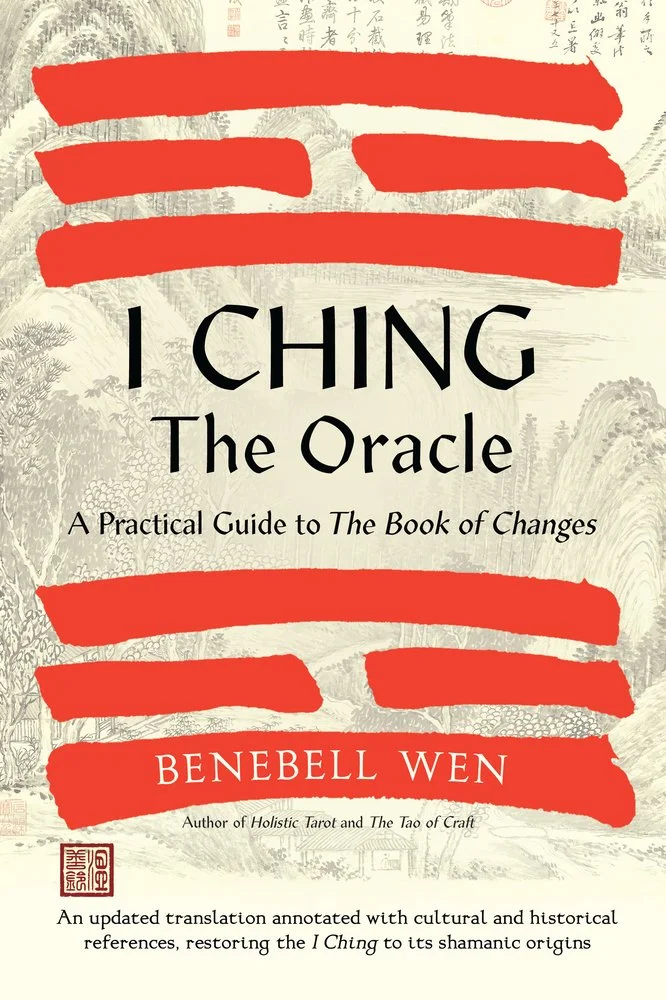The I Ching and the Beautiful Mess of Everyday Life
Some mornings I wake up and wonder how I ended up here. Not just in the place I’m standing, but in this stage of life. The coffee cools before I finish it. The phone keeps buzzing. The world seems louder than ever, and I find myself searching for a quiet center, something steady to return to.
People look for meaning in different places. Some turn to faith, some to reflection or therapy, others to the rhythm of daily routines. For me, it began with three coins. That is how you consult the I Ching, the Book of Changes, a text born in China thousands of years ago. I currently live in the United States, yet its quiet clarity still meets me where I am.
The I Ching never promises certainty. It does not tell fortunes. It asks for attention and honesty. It holds up a mirror when I need one. When I study it, I reach for two books. The first is The Complete I Ching: The Definitive Translation by Alfred Huang, whose translation feels grounded and faithful to the old teachers. The second is I Ching, The Oracle: A Practical Guide to The Book of Changes by Benebell Wen, which carries that wisdom into modern life. Huang gives me roots. Wen helps me apply them when life moves quickly.
Casting the I Ching is simple. Toss three coins six times. Each toss forms a line. Six lines form a hexagram. The hexagram becomes a message. Sometimes it nudges me to move. Sometimes it tells me to wait. Often it reminds me that I already know what needs to be done. It does not flatter or soothe for comfort’s sake. It shows what is present, even when I would rather not see it. Reading it feels like speaking with an old friend who refuses to lie.
Over time it taught me that life has a rhythm. Not all rise, not all fall. There are seasons of clarity and seasons of confusion. Good days are not rewards and hard days are not punishments. They are parts of the same pattern. When things are easy, I try not to cling. When they are heavy, I remember that nothing lasts forever. Seeing life this way took the edge off the extremes.
Two questions return again and again. Why did this happen? What should I do next? The answers change. Sometimes they are humbling, sometimes gentle, sometimes simple. The I Ching does not erase uncertainty. It reshapes it. It shows where I stand so I can take the next step with intention.
It may seem strange that a very old book still speaks clearly amid screens, schedules, and deadlines. Truth endures, even as context changes. The I Ching is practical at heart. It teaches patience, observation, and timely action. In a world that rewards quick reactions, it reminds me to breathe and choose.
At first I only turned to it when things were falling apart. Now it is part of my mornings. Some days I ask a question. Other days I sit with it in silence. Either way, it brings me back to myself. Change cannot be controlled or rushed. It can only be met and moved with. Peace begins there, not in mastery, but in understanding.
Clarity rarely shouts. Truth often arrives as a whisper. Meaning waits for anyone willing to listen. Whether you live in a quiet town or a noisy city, the lesson holds. Life does not always explain itself, but if you slow down, it has a way of showing the next step.




